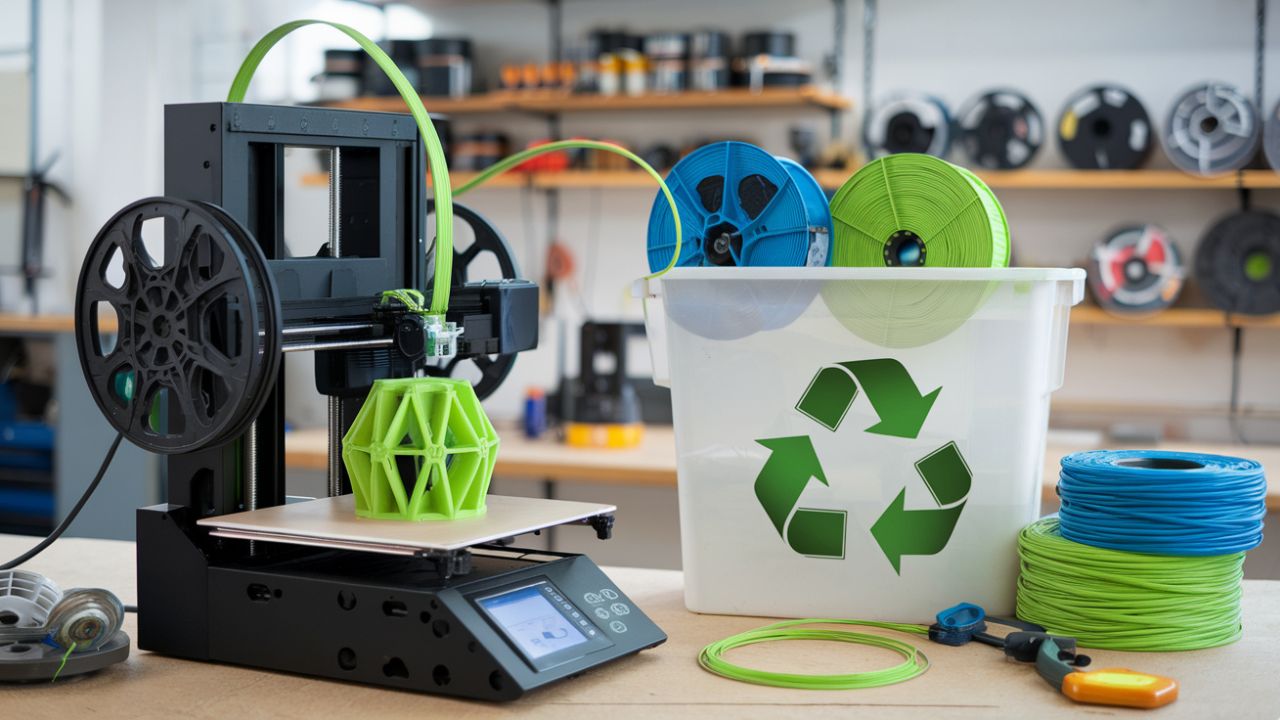In today’s digital age, knowing how to print responsibly is crucial for both businesses and individuals looking to reduce their environmental footprint. With a few mindful strategies, you can minimize waste, conserve resources, and contribute to a healthier planet. Let’s explore the best practices for responsible printing.

The Importance of Responsible Printing
Printing has been an essential part of business operations and personal use for decades. However, the environmental impact of printing cannot be ignored. From paper waste to energy consumption, printing irresponsibly can lead to significant ecological damage. By adopting sustainable printing practices, you not only help the environment but also save costs and improve efficiency.
Understanding Your Printing Needs
Before hitting the print button, assess whether printing is truly necessary. Ask yourself if the document can be shared digitally or if a hard copy is essential. This simple step can significantly reduce unnecessary printing activities.
Evaluate Document Necessity
Consider if the document needs to be printed in its entirety. Sometimes, printing only the essential pages can cut down on paper usage.
Use Digital Alternatives
Whenever possible, opt for digital alternatives like PDFs or email attachments. This not only saves paper but also enhances accessibility.
Choosing the Right Materials
Selecting the right materials is a cornerstone of responsible printing. From paper to ink, making eco-friendly choices can have a lasting impact.
Opt for Recycled Paper
Using recycled paper is an easy and effective way to practice sustainable printing. It reduces the demand for new paper and conserves natural resources.
Use Eco-Friendly Inks
Inks made from soy or vegetable-based oils are less harmful to the environment compared to traditional petroleum-based inks.
Efficient Printer Use
Optimizing printer settings and usage can drastically reduce waste and energy consumption.
Enable Duplex Printing
Set your printer to print on both sides of the paper by default. This simple change can halve your paper usage.
Adjust Print Quality
For internal documents, use draft mode to save ink. Reserve high-quality prints for final versions or client-facing documents.
Implementing Waste Management Practices
Proper waste management is crucial in responsible printing. By managing waste effectively, you can minimize your environmental impact.
Recycle Used Materials
Set up recycling bins near printers to encourage the recycling of paper and ink cartridges.
Participate in Cartridge Recycling Programs
Many companies offer programs to recycle used ink cartridges, keeping them out of landfills.
Embracing Green Printing Technology
Investing in eco-friendly technology can enhance your sustainable printing efforts.
Energy-Efficient Printers
Choose printers with ENERGY STAR ratings to ensure energy efficiency and reduced electricity consumption.
Software Solutions for Resource Management
Use software like PaperCut to monitor and manage printing resources effectively. Learn more about these solutions here.
Internal and External Resources for Green Printing
Utilize both internal company resources and external partnerships to strengthen your green printing initiatives.
Internal Resources
Train employees on sustainable printing practices and create policies that encourage responsible printing.
External Partnerships
Partner with zero waste publishing firms to adopt innovative practices and materials.
Leveraging Certifications for Credibility
Pursue certifications like FSC or Green Seal to showcase your commitment to responsible printing. Learn more about these certifications here.
Case Studies of Successful Green Printing Initiatives
Explore case studies of organizations that have successfully implemented sustainable printing practices. Their experiences can provide valuable insights into effective strategies and potential challenges.
Company A’s Success
Learn how Company A reduced its paper waste by 40% through strategic sustainable printing practices.
Organization B’s Approach
Discover how Organization B utilized eco-friendly print shop supplies to minimize environmental impact.

Frequently Asked Questions
What is responsible printing?
Responsible printing involves using environmentally conscious methods to reduce waste and conserve resources during the printing process.
How can businesses implement sustainable printing?
Businesses can implement sustainable printing by choosing eco-friendly materials, optimizing printer settings, and participating in recycling programs.
Are there cost benefits to responsible printing?
Yes, adopting responsible printing practices can lead to cost savings through reduced material use and energy consumption.
In conclusion, understanding how to print responsibly is essential for anyone who wants to positively impact the environment. By implementing these strategies, you can ensure that your printing practices are both efficient and eco-friendly. For more tips on sustainable printing, visit this guide.
This article contains affiliate links. We may earn a commission at no extra cost to you.






